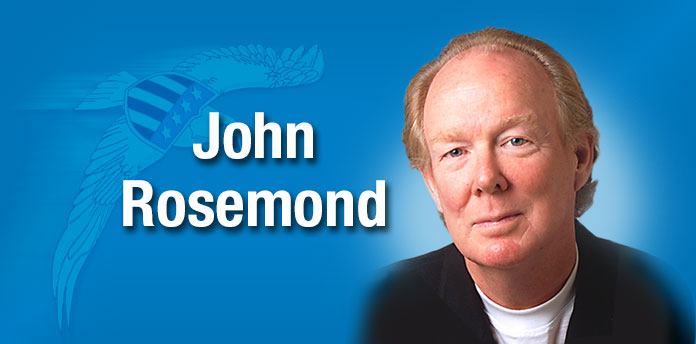“I feel your pain” passes as a virtue, but it is anything but. However well-intentioned, it is the gist of codependency.
When someone else is in a state of emotional pain, it is one thing to empathize, understand, have compassion, offer to give support, and render practical assistance. It is quite another to feel the person’s pain.
In that event, the person feeling the other’s pain becomes inclined toward attempting to solve that person’s problem. Why? Because it is now his problem as well, and equally so. That attempt is known as “enabling.”
In short order, the enablee becomes dependent upon the enabler’s assistance, and the enabler becomes dependent upon the illusion that he is self-sacrificing, and down the road of mutually assured destruction they waltz. They both need one another, one to confirm his helplessness and victimhood and the other to confirm his heroism, his moral superiority.
“I feel your pain, tra, la, la” seems to be the theme song of contemporary “parenting.” I put the word in quotes to distinguish that peculiar post-1960s pathology from mere childrearing.
The pre-psychological form was “mere” because it did not, in and of itself, give rise to such aberrations as parents who felt their children’s pain and thus the obligation to solve their every problem.
Consequential to being burdened (or so we sometimes thought) with non-codependent parents, we boomers were forced to develop the armor of emotional resilience, which translated to much better child mental health than has been the case since. Much, much, much.
When I complained to my parents that one of my fifth-grade teachers did not like me, they told me, in no uncertain terms, that her dislike of me best not be reflected on my next report card.
“Besides,” said my mother, “it is high time you learned how to deal with people who don’t like you, making sure they have no reason to do so.”
Where, these days, is the parent who talks this way to a child, who refuses to affirm in any way, shape, or form, the child’s claim to victimhood? My mother, I thought, was a cold-heart who took sadistic pleasure in standing by as I went under for the third time. What did I know? The sign of proper parenting is not a child’s affirmation. A working definition of “child” is “one who is ignorant of what is in his best interest.”
Far more often than not, the more vehemently a child objects to a parental decision, the more said decision reflects the child’s best interest.
That is why the best response to a child’s declaration of hate for said parent is, “If I were you, believe me, I’d hate me right now too! Do you feel the need to share any other earth-shaking news with me? If so, I’ll stick around for as long as you’d like. I want you to feel, after all, that you have freedom to speak your mind around here.”
That is not the language of feeling a child’s pain. It is the language of informing a child that his feelings do not define reality in the family, that life is full of problems, that problems are always painful, and that the earlier he comes to grips with the foregoing, the better for him for a long time to come.
A love that isn’t tough is always to be regarded skeptically.
[Family psychologist John Rosemond: johnrosemond.com, parentguru.com. Copyright 2021, John K. Rosemond]












Leave a Comment
You must be logged in to post a comment.